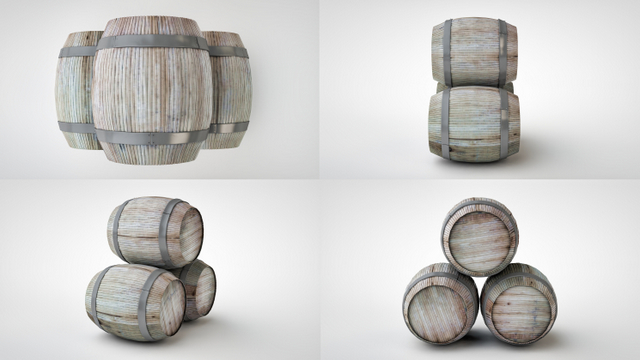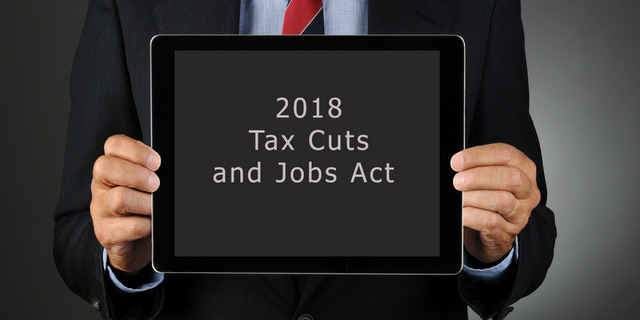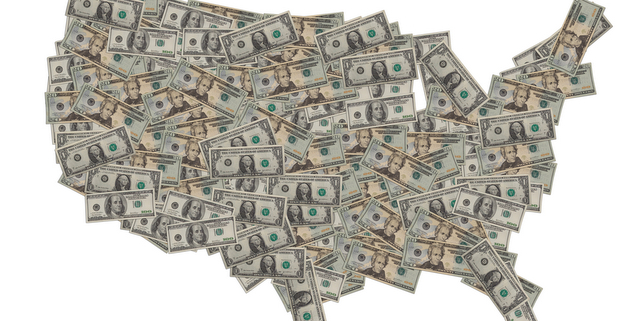
President Trump signed the Tax Cuts and Jobs Act into law on Dec. 22, 2017. It looks to be the crown jewel of his inaugural year, and it also looks to be a similarly precious piece of legislation for the brewing industry. It is the largest tax reform bill in the last 30-plus years, aimed at cutting federal taxes by $1.5 trillion while adding more than $1 trillion to the national debt.
Despite the controversy surrounding it, the alcohol industry is an enormous winner in these new laws because on top of the corporate tax reduction (now a flat 21 percent) this bill also includes a version of the Craft Beverage Modernization and Tax Reform Act, which provides mass excise tax relief for the calendar years 2018 and 2019. Brewers that produce less than 2 million barrels annually will be taxed at a rate of $3.50 per barrel on the first 60,000 barrels of beer produced and $16 per barrel on any further barrels produced up to 6 million barrels (with more than 6 million barrels, the excise tax remains $18 per barrel).
Beyond the Craft Beverage Modernization and Tax Reform Act, there are other goodies in the Tax Cuts and Jobs Act that brewers can cheers about. There’s a new deduction for pass-through entities, which is a business structure used to reduce the effects of double taxation. Pass-through entities do not pay income taxes at the corporate level. Income is allocated among the owners, and income taxes are only levied at the individual owners’ level. This is in fact how Craft Brewing Business operates. The Brewers Association recently released a nice summary of these pass-through dedications:
The new tax law also changes the way that “pass-through” entities such as sole proprietorships, partnerships and S Corporations are taxed. Income from pass-throughs is currently taxed as personal income, with the highest rate at 39.6 percent. The new law creates a more complicated structure, but one that could be favorable to many brewers. Under the new rules, 20 percent of pass-through income is now deductible, while the remainder is subject to taxes at the individual marginal income tax rates, up to a new top rate of 37 percent. This is effectively a 20 percent tax cut for pass-through filers.
However, this new 20 percent deduction is limited for people who make more than $157,000 a year (or $315,000 if they file as a married couple). For these filers, the deduction is restricted to one of two tests:
- 50 percent of the wages paid by the pass-through entity; or
- 25 percent of the wages paid plus 2.5 percent of the “tangible, depreciable property” used by the pass-through entity to make income. This includes brewing equipment and real estate ownership.
The Tax Cuts and Jobs Act also allows brewers to expense capital investments (like) equipment the year of purchase — instead of considering this machinery or real estate as depreciable assets. Back to the Brewers Association summary:
Under the current tax system, capital investments like buildings, vehicles and brewing equipment are treated as “depreciable assets” and as such are allowed to be deducted from income at increasing levels over a fixed term of five, seven or 39 years, according to depreciation schedules set by the IRS. In contrast, the new tax rules allow for immediate depreciation of capital assets for the first five years after their purchase. This would allow small businesses to receive a tax break on capital investments in the same year they are made rather than waiting to receive the tax benefits over several years. In addition, the final tax bill expands the cap on these deductions from $500,000 to $1,000,000. These provisions, like the pass-through rules, expire in 2025.
What this means for breweries: Under the new plan, breweries will receive immediate tax benefits for capital investments like brewing equipment, up to $1,000,000.
It doesn’t stop there. There’s even more tax love coming brewers’ way. Jump over to the Brewers Association site to read about them all.





Karli Olsen says
I think the immediate expensing portion should be modified. While the section 179 limit has been raised to $1 million, the 100% bonus depreciation doesn’t have a maximum cap. So 5 and 7 year property can all be expensed, with no maximum limit.
Keith Gribbins says
Thanks Karli.